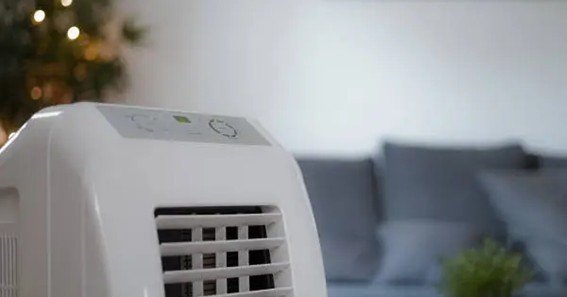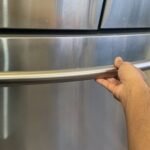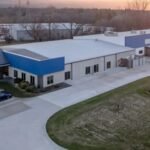When seeking cooling solutions for spaces without the option for traditional venting, many turn to ventless air conditioners. Also known as evaporative coolers or swamp coolers, these devices offer an alternative to conventional air conditioning systems. Understanding their operation, advantages, and limitations is crucial before deciding if they’re the right fit for your environment.
How Do Ventless Air Conditioners Work?
Unlike traditional air conditioners that use refrigerants to cool air and require external venting to expel hot air, ventless air conditioners operate on the principle of evaporation. Here’s a step-by-step overview of their functionality:
- Water Reservoir: The unit contains a tank that must be filled with water.
- Air Intake: Warm air from the room is drawn into the unit.
- warm air passes over water-saturated pads or filters. As the air moves through these pads, the water evaporates, absorbing heat from the air and thus lowering its temperature.
- Cool Air Output: The cooled, moisture-laden air is then circulated back into the room by a fan.
This process adds humidity to the air, making ventless air conditioners particularly effective in dry climates.
Benefits of Ventless Air Conditioners
- Energy Efficiency: These units typically consume less electricity than traditional air conditioners, leading to potential cost savings.
- Ease of Installation: Without the need for exhaust hoses or external venting, setup is straightforward and doesn’t require modifications to windows or walls.
- Portability: Many models are lightweight and equipped with casters, allowing users to move them easily between rooms.
- Eco-Friendly: Operating without refrigerants and using water as a cooling medium reduces environmental impact.
Limitations and Considerations
While ventless air conditioners offer several advantages, it’s essential to be aware of their limitations:
- Humidity Addition: Since these units add moisture to the air, they are less effective in humid climates and can make indoor spaces feel muggy.
- Cooling Capacity: They generally don’t cool as effectively as traditional air conditioners and are best suited for spot cooling or smaller areas.
- Maintenance: Regular cleaning of water tanks and pads is necessary to prevent mold and mildew growth.
- Climate Suitability: Ideal performance is achieved in hot, dry climates; in areas with high humidity, their efficiency diminishes significantly.
FAQ
1. Are ventless air conditioners the same as traditional air conditioners?
No, ventless air conditioners, or evaporative coolers, use water evaporation to cool air and do not require external venting, unlike traditional air conditioners that use refrigerants and need to expel hot air outside.
2. Can I use a ventless air conditioner in a humid climate?
Ventless air conditioners are less effective in humid climates because they add moisture to the air, which can increase discomfort in already humid conditions.
3. Do ventless air conditioners require a window for installation?
No, one of the advantages of ventless air conditioners is that they don’t require window installation or external venting, making them versatile for various indoor settings.
4. How often do I need to refill the water reservoir?
The frequency of refilling depends on usage and the unit’s capacity. Regular monitoring is recommended to ensure continuous operation.
5. Are ventless air conditioners energy-efficient?
Yes, they typically consume less electricity than traditional air conditioning units, offering a more energy-efficient cooling option, especially in suitable climates.
In summary, ventless air conditioners provide a viable cooling solution in specific scenarios, particularly in dry climates and for spot cooling needs. Understanding their operation and considering your local climate and cooling requirements will help determine if they are the right choice for your space.










